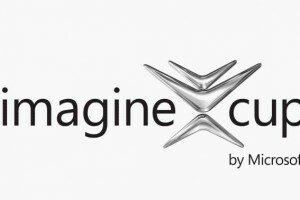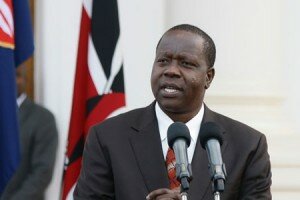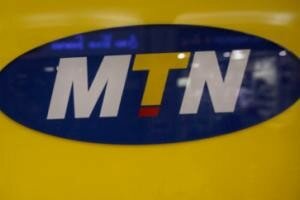
Image: arcticmsp.wordpress.com
The competition, this year sponsored by new partner Nokia and the African Development Bank (AfDB), focuses on technological innovations that can solve the world’s
problems.
Microsoft general manager for East and Southern Africa (ESA) Louis Otieno has challenged the competitors to focus on technology that can eliminate various challenges faced by the continent - such as poverty - other than focusing on cool apps.
“While many local developers have focused their work on developing consumer applications, it is important that they also look into the opportunities that exist in B2C (Business 2 Consumer) Apps, Independent Software Vendors (ISV) Line of Business Apps and In House Line of Business Apps as these remain largely unexplored and present real business opportunities,” he said.
Otieno also asked the developers to look at developing apps that can be used in the Windows 8 platform, which he says possesses many benefits, terming the operating system “apps driven”.
“They can now easily build, submit and sell through the Windows store with favourable economic terms,” he said. “There is no learning curve as local developers can use their existing skills, code, certifications, languages and framework preferences to write for Windows.”
The AfDB said it had joined the cause as a means of honouring young African students with exceptional talent.
“We encourage more young people to take advantage of opportunities presented by such competitions as they provide a platform not only to compete but also showcase the talent in this continent. The exposure allows one to learn from others, build networks and be inspired,” said Gabriel Negatu, the bank’s regional director.
Last year students from Makerere University in Uganda were recognised for a Windows Phone application named WinSenga, which focused on how to detect ectopic pregnancies and monitor the movements and positions of babies in the womb.
The organisers say all Imagine Cup worldwide finalist teams will be eligible to apply for Imagine Cup Grants, a three-year US$3 million investment by Microsoft to help students turn their ideas into reality.





















































